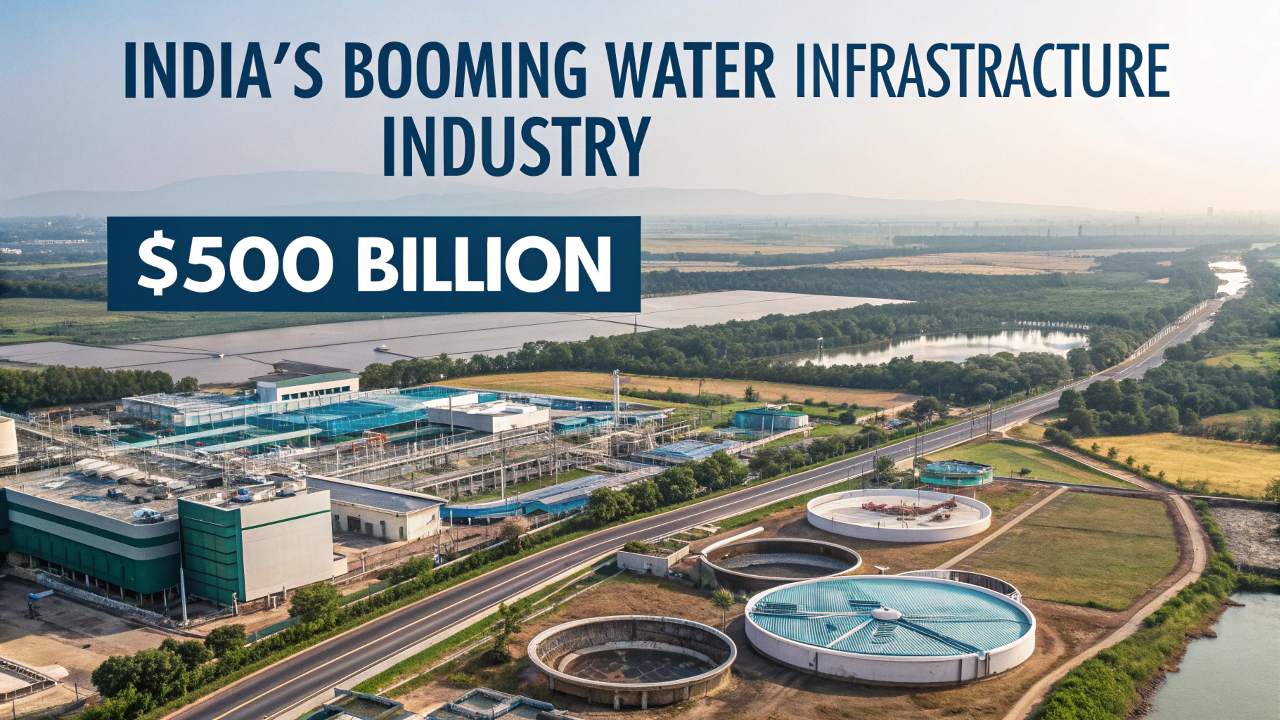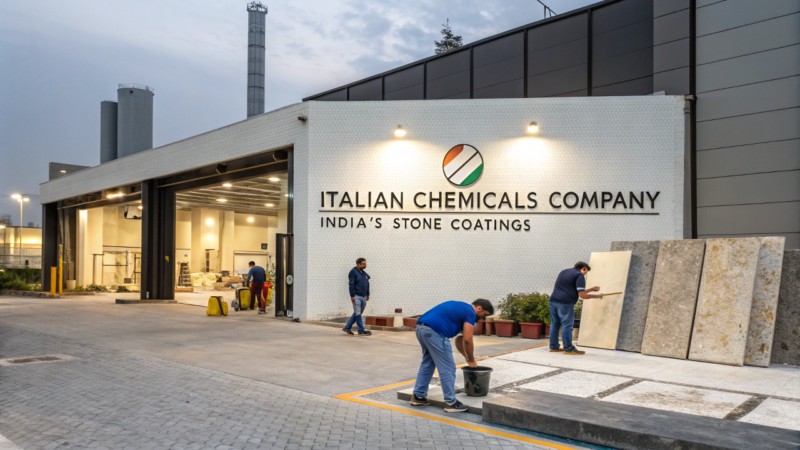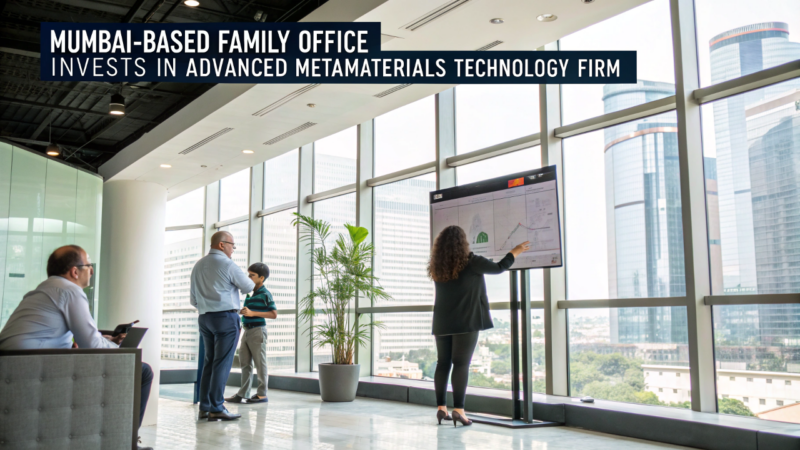
Introduction
India is undergoing a monumental transformation in its water infrastructure sector, driven by ambitious government policies, rapid urbanization, climate change adaptation, and the urgent need for sustainable water management. With a projected investment of $500 billion over the next decade, this sector presents immense opportunities for global investors, technology providers, infrastructure developers, and consulting firms.
With major flagship programs such as Jal Jeevan Mission (JJM), Smart Cities Mission, Namami Gange, and Atal Mission for Rejuvenation and Urban Transformation (AMRUT), India is opening doors for foreign direct investment (FDI), technology partnerships, and infrastructure development.
This blog provides an in-depth analysis of India’s expanding water infrastructure, key growth drivers, investment trends, major projects, and how international companies can participate in this billion-dollar market.
The Driving Forces Behind India’s Water Infrastructure Expansion
- Jal Jeevan Mission (JJM) – $50 Billion Opportunity
The Jal Jeevan Mission (JJM) aims to provide piped drinking water to every rural household by 2024. This initiative has received a massive allocation of ₹3.6 trillion ($50 billion) from the Indian government (Ministry of Jal Shakti, 2024).
Key Opportunities for International Companies:
- Technology Providers: Advanced water filtration, treatment, and IoT-based smart metering solutions.
- Infrastructure Development: International EPC firms can collaborate with Indian partners on water pipeline projects.
- Consulting & Advisory: Firms specializing in water resource management and regulatory compliance can enter partnerships with state governments.
- Urban Water Management: Smart Cities & AMRUT 2.0
India’s Smart Cities Mission (₹2.05 trillion investment) and Atal Mission for Rejuvenation and Urban Transformation (AMRUT 2.0) aim to provide 24×7 clean drinking water and efficient wastewater treatment in urban areas (Smart Cities Mission, 2024).
Opportunities for Global Investors:
- IoT-based Water Management Solutions: International firms specializing in AI, leak detection, and water quality sensors.
- Desalination & Water Recycling: Demand for advanced membrane technology, reverse osmosis (RO), and ultrafiltration.
- Wastewater Treatment & Reuse: Municipal STP/ETP projects creating billion-dollar tenders across major cities.
- Industrial Wastewater Treatment – $20 Billion Market
India is tightening environmental regulations under the Zero Liquid Discharge (ZLD) policy and the Water (Prevention & Control of Pollution) Act, 1974 (CPCB, 2024).
Industries Seeking Water Treatment Solutions:
- Textile & Dyeing: High discharge industries require advanced effluent treatment plants (ETPs).
- Pharmaceuticals & Chemicals: Global firms can offer membrane-based purification and sludge management systems.
- Food & Beverage Processing: Water-efficient production lines are in high demand for sustainability compliance.
- Desalination & Large-Scale Water Reuse Projects
India has over 7,500 km of coastline, making desalination an attractive long-term solution for water scarcity (NITI Aayog, 2023). Cities like Chennai, Mumbai, and Visakhapatnam have initiated desalination plants exceeding ₹8,000 crore ($1 billion) in investments.
Global Market Entry Possibilities:
- Desalination Technologies: Reverse osmosis, electrodialysis, and forward osmosis firms can enter JVs with Indian counterparts.
- BOT & PPP Models: Government tenders are increasingly favoring public-private partnerships (PPPs) with international water companies.
- Public-Private Partnerships (PPP) in Water Projects
India’s PPP model is attracting FDI in sectors like water supply, sewage treatment, and stormwater drainage. The government has allocated ₹8,000 crore ($1 billion) under the National Infrastructure Pipeline (NIP) for smart water projects (NIP, 2024).
Investor Benefits in PPP Projects:
- Long-term revenue models with guaranteed government support.
- Infrastructure developers can secure 20–30 year BOT concessions.
- Tax incentives and low-risk participation in regulated projects.
Challenges & Regulatory Landscape
Despite the opportunities, international firms must navigate India’s regulatory complexities. Key challenges include:
- Project Approvals: Multiple government agencies oversee water projects, requiring patience in acquiring clearances.
- Land Acquisition Delays: Infrastructure projects often face delays due to bureaucratic processes.
- Quality & Compliance: Meeting India’s Bureau of Indian Standards (BIS) & CPCB guidelines is crucial for project approvals.
How Global Companies Can Overcome These Challenges
- Joint Ventures: Collaborating with Indian firms helps in regulatory compliance and faster project execution.
- Local Manufacturing: Setting up local production units helps in reducing costs and securing government incentives.
- Policy Engagement: Working with industry bodies like FICCI, CII, and the World Bank India Office can ease entry barriers.
Conclusion
India’s $500 billion water infrastructure investment is a game-changing opportunity for global players. Whether you’re a technology provider, investor, or infrastructure developer, now is the time to tap into one of the world’s fastest-growing water markets. Companies offering sustainable, smart, and scalable solutions will have a significant competitive edge.
External References & Citations:
- Ministry of Jal Shakti – Jal Jeevan Mission Report 2024
- Central Pollution Control Board (CPCB) – India’s Industrial Wastewater Regulations
- Smart Cities Mission – Urban Water Infrastructure Plans
- NITI Aayog – Desalination in India: Future Trends
- National Infrastructure Pipeline (NIP) – Public-Private Partnerships in Water






